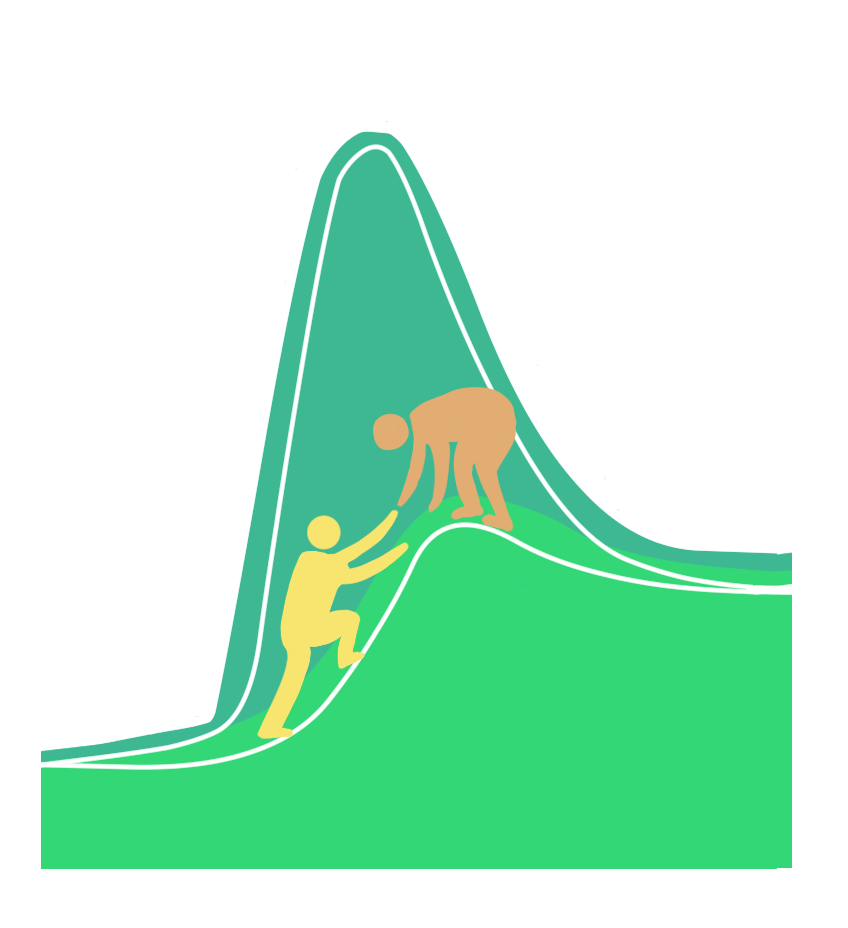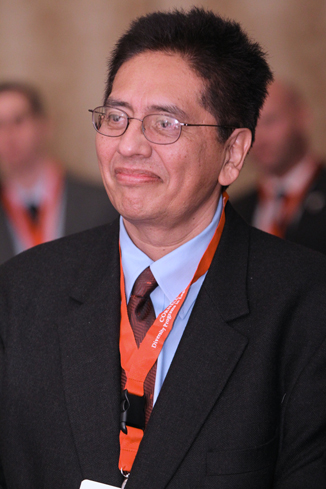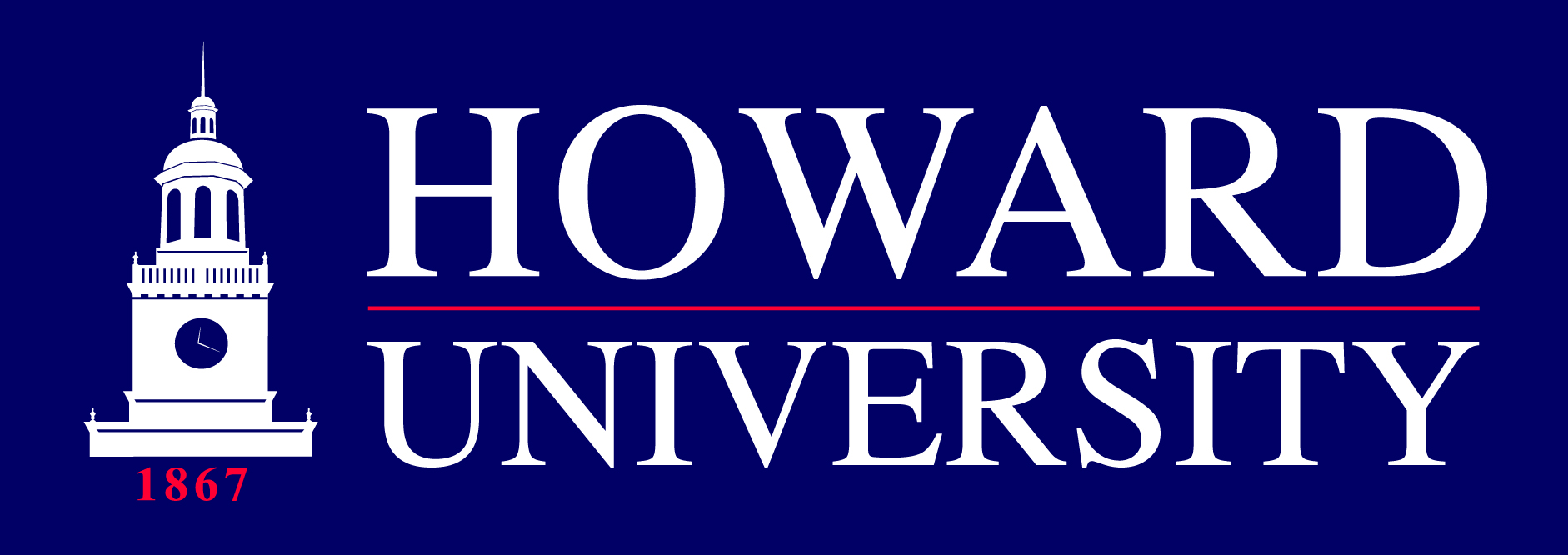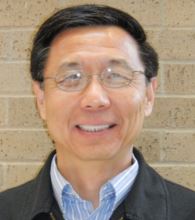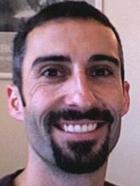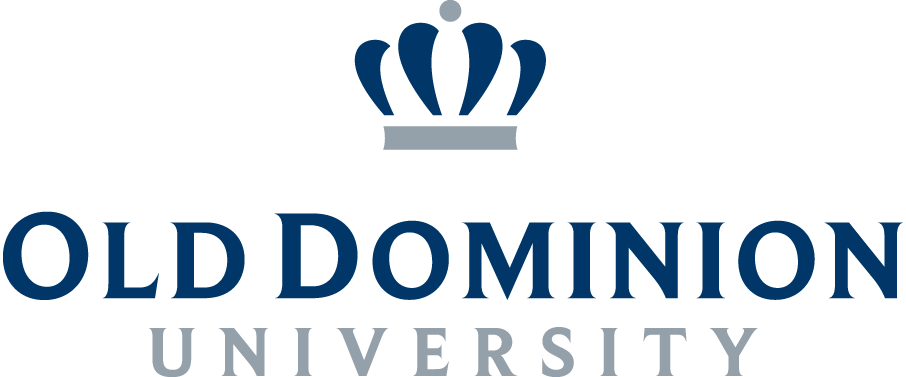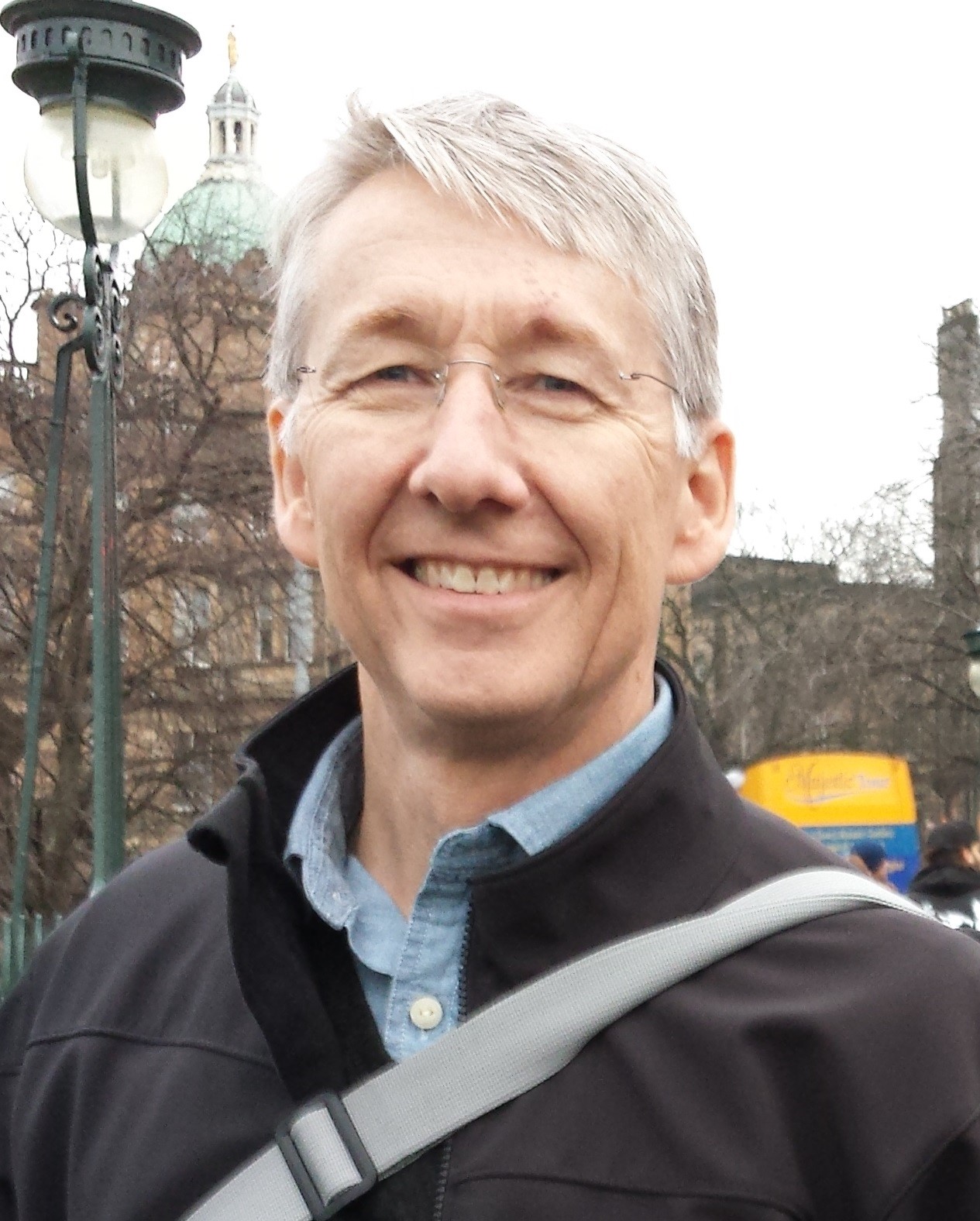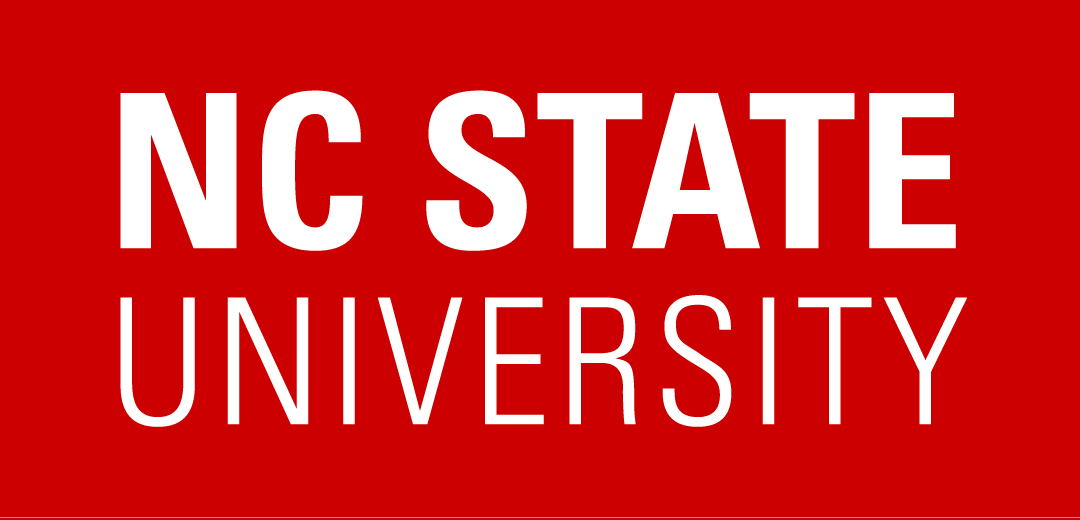The following Speakers will be presenting at various times throughout the week at the Summer Workshop. Check back often for updates.
Why REUs: potentially a powerful model of active learning from high school to the postdoctoral level and beyond
Description:
Over the past 21 years, mentors, colleagues, former PhD students, current graduate students, and myself have been involved in an active-learning models of training via research that now extends from high school to the postdoctoral level. The programs have been recognized with PAESMEM Awards in 1996, 1997, 2002 and 2011.
This mentorship comprehensive active-learning models reached a new level with the merger (2004) of two intense summer institutes (involving yearlong mentorship efforts), the Mathematical and Theoretical Biology Institute (https://mtbi.asu.edu), founded in 1996 and the Joaquin Bustoz Mathematics Science Honors Program (https://jbmshp.asu.edu), founded in 1985.
A number of factors have played a role in the educational success of this model with the most important factors involving mathematical content, the reversal of hierarchy, and a unique life-long community model.
In this lecture, a brief overview of this evolving model of active learning, sprinkled with some success statistics, will be presented in order to highlight, why these intense mentorship summer models have had a transformative impact in the careers of minority researches, including women as well as in members of the majority population.
Recent research in Ebola, Zika, mass shootings and past work on the use of models in addressing pressing social challenges will be used as the platform for the presentation of this model of active learning.
Date & Time:
Sunday, June 19
7:00 pm
Best Practices in Designing and Implementing Courses which Combine Biology and Mathematics
Description:
Many biology and mathematics departments are seeking feasible ways to infuse mathematical biology into the curriculum. Unfortunately, it is not clear how to best prepare our students for the quantitative biology of the future. In this talk, I will present best practices for how to design and implement courses that bring together biology and mathematics to enhance student learning. Specific examples include a team-taught seminar course, a research-based mathematical biology course, and a hands-on reading course on data science. I will also discuss strategies for incorporating active learning, the backward design process, and effective teamwork.
Download the slides from this talk here.
Date & Time:
Monday, June 20
9:00 am
Quantitative Reasoning in Undergraduate Biology
Description:
A research team within QUBES is studying the impact of modeling tasks on student quantitative reasoning in undergraduate biology. The team has developed a quantitative reasoning survey which assess ability to quantify a real-world biology problem, model the problem, and interpret the model. Preliminary data from the study will be presented and an invitation to participate in a national data collection effort will be discussed.
Download the slides from this talk here.
Date & Time:
Tuesday, June 21
9:00 am
Pathways to STEM degrees and the barriers and opportunities
Description:
This talk will discuss the findings and recommendations of the report “Barriers and Opportunities for 2-Year and 4-Year STEM Degrees: Systemic Change to Support Students' Diverse Pathways” by the National Academies of Sciences, Engineering, and Medicine. We will also explore what we as faculty can do to implement inclusive pedagogy and authentic STEM experiences, improve the climate of STEM departments and classrooms, and contribute to the evidence-based efforts in creating systemic change for student success.
Download the slides for this talk here
Click below for more information on this talk:
Date & Time:
Tuesday, June 21
3:30 pm
Distributed creation, community guidance, and OER development: current models and emerging practices
Description:
Open educational resources (OER) encompass teaching, learning, and research materials that are licensed to permit further use and modification by others. The potential benefits of OER for improved access by both students and teachers are well documented. Less well documented are practices around the creation and modification of OER, especially for professional learning communities. Historically, resources developed for specific fields of study have relied on demonstrated authorship to establish expertise and credibility. Resource integrity is often paramount, and competing viewpoints are not reconciled so much as laid bare among the choices of materials for research and instruction. OER threaten these established norms since people are free to modify the resources as needed, and OER are often co-created by many people, sometimes separated by distance or time or both. How do these development processes work? What, if anything, is lost when resource creation is distributed or turned over to a broad community? What is gained? In this session, we will explore emerging community-creation practices, as well as some of the tools that are available to support this sort of work. We’ll focus in particular on the tools that seems especially useful to quantitative biologists in higher education settings.
Resources discussed in this talk can be found in this Collection.
Date & Time:
Wednesday, June 22
9:00 am
Ticks and tick-borne diseases: how to "suck" undergrads into math bio research
Description:
As someone who uses mathematics to study ticks and tick-borne diseases, it would seem challenging to draw students (or anyone for that matter!) into my lab. I have had more than 30 undergraduates participate in research over the past eight years. I will discuss both the research and the variety of research programs that I have employed in my lab.
Date & Time:
Wednesday, June 22
3:30 pm
Using a Mentor-Apprentice Model to Transition to Highly Structured, Student-Centered Courses in the STEM Disciplines
Description:
My talk will address the transition that faculty at UNC are making to highly structured courses using a mentor-apprentice model. I will describe what this model looks like at UNC, explain the outcomes it has had for both students and for faculty across the STEM disciplines, and highlight some of the challenges that we have faced along the way.
Date & Time:
Wednesday, June 22
5:00 pm
Linking goals, assessment and teaching strategies to promote effective learning
Description:
Research in STEM disciplines has revealed a suite of empirically validated instructional practices that can contribute to improvements in student learning and a reduction in attrition. We will outline a series of consistent steps for redesigning lessons to incorporate these "active learning" practices. We will discuss a backward design protocol that links lesson learning objectives to assessments and teaching strategies and illustrate this process using examples from the InTeGrate program (http://serc.carleton.edu/integrate/index.html) that has developed a suite of customizable modules that focus on future environmental challenges.
Download the slides for this talk here
Date & Time:
Thursday, June 23
9:00 am
SCALE-UP Your Teaching Without Overhauling Your Classroom
Description:
SCALE-UP (Student-Centered Active Learning Environment with Upside-down Pedagogies) is a reformed pedagogy and classroom design developed at North Carolina State University as a minimal lecture, technology-rich, highly interactive approach to teaching physics. This approach enhances performance in later classes, dramatically cuts failure rates, and improves student attitudes, problem solving abilities, and conceptual understanding. SCALE-UP implementations usually have a studio-style setup and combine laboratory and lecture but you can achieve some of benefits even without dramatic structural changes. This workshop will introduce the SCALE-UP approach and engage you in activities that you can use in your classroom.
Download the slides for this talk here
Date & Time:
Thursday, June 23
1:00 pm
